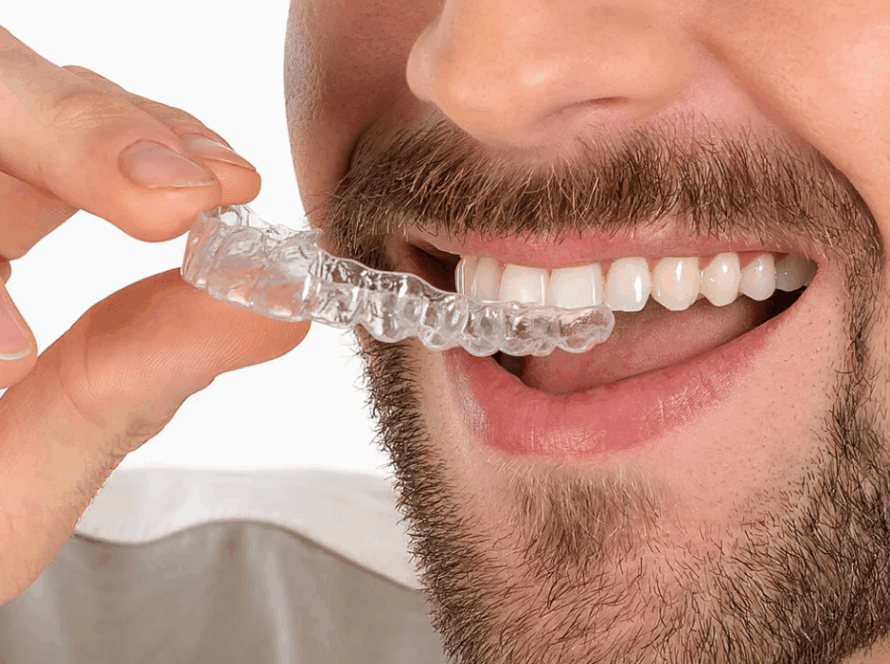What is Botox?
According to the U.S. National Library of Medicine, Botox is a drug made from a toxin produced by the bacterium Clostridium botulinum. While it’s the same toxin that causes a life-threatening type of food poisoning called botulism, its use as an injectable paralytic has been FDA approved for cosmetic procedures and more. In fact, it’s now commonly used in small doses to treat a variety of health problems including excessive sweating, excessive blinking, overactive bladder and even migraines.
Botox works by blocking nerve signals that control muscle movement, which makes them unable to contract, temporarily softening the skin around the area that was injected. It typically takes a few hours for results to be seen and they usually last about three months.
Botox in Dentistry
Botox it is now expanding in its application due to the nerve blocking benefits it offers. In fact, a trip to your dental office could include your dentist offering Botox.
- Treatment of Temporal Mandibular Joint Disorder (TMJ)
- Treatment of bruxism (teeth grinding)
- Reducing a “gummy smile” without surgical intervention
- Adjustment of lips before or after denture placement or oral surgeries.
 Should a Dentist Do Botox?
Should a Dentist Do Botox?Some proponents of the use of Botox in dentistry claim dentists are the most qualified and offer a better experience because they administer oral and facial injections on a regular basis. This makes the injections quick and less painful because they are done with a skilled hand.

 Should a Dentist Do Botox?
Should a Dentist Do Botox?

